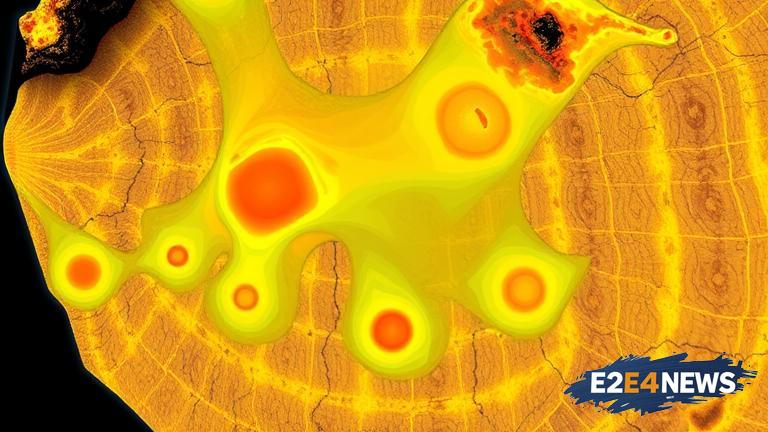A groundbreaking AI tool has been developed to accelerate skin cancer diagnoses, particularly in remote and underserved areas of the world. This innovative technology has the potential to save countless lives by enabling faster and more accurate detection of skin cancer. The tool utilizes artificial intelligence to analyze images of skin lesions, providing doctors with a second opinion and helping to identify potential cases of skin cancer. This technology is especially significant for remote areas where access to specialist dermatologists may be limited. The AI tool can be used in conjunction with mobile devices, allowing healthcare professionals to take high-quality images of skin lesions and upload them for analysis. The tool’s algorithm is trained on a vast dataset of images, enabling it to learn and improve its diagnostic capabilities over time. In remote areas, skin cancer often goes undiagnosed or misdiagnosed due to a lack of access to specialist care. This AI tool has the potential to bridge this gap, providing healthcare professionals with a valuable resource to aid in diagnosis. The tool’s developers believe that it could be particularly beneficial in areas with high rates of skin cancer, such as Australia and New Zealand. The AI tool is also expected to reduce the number of unnecessary biopsies, which can be invasive and costly. Furthermore, the tool’s ability to provide rapid diagnoses could help to reduce anxiety and stress for patients, who often face long waiting times for diagnosis and treatment. The development of this AI tool is a significant step forward in the fight against skin cancer, and its potential impact should not be underestimated. As the tool continues to evolve and improve, it is likely to become an essential resource for healthcare professionals around the world. The tool’s creators are now working to integrate it into existing healthcare systems, with the goal of making it widely available to healthcare professionals in the near future. This technology has the potential to make a significant difference in the lives of people affected by skin cancer, and its development is a testament to the power of innovation and collaboration in the field of healthcare. The AI tool is expected to be particularly useful in areas with limited access to healthcare, where skin cancer often goes undiagnosed or untreated. By providing healthcare professionals with a valuable diagnostic tool, this technology could help to reduce the global burden of skin cancer and improve health outcomes for people around the world.
